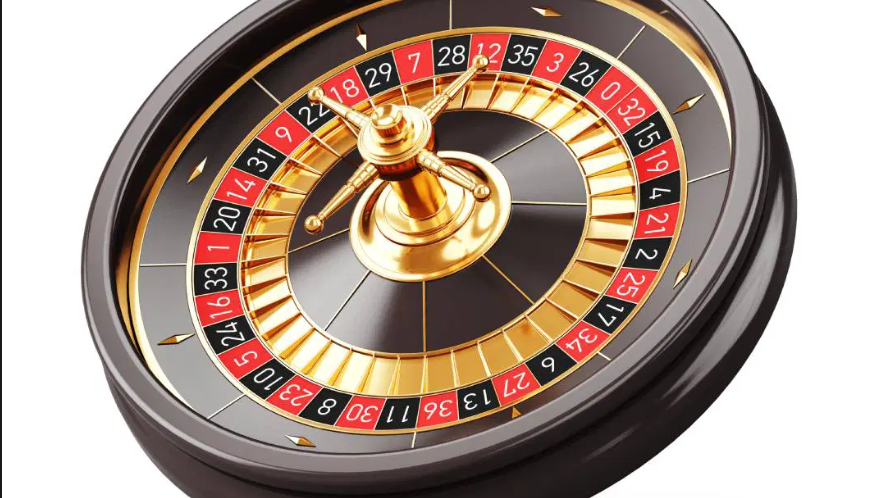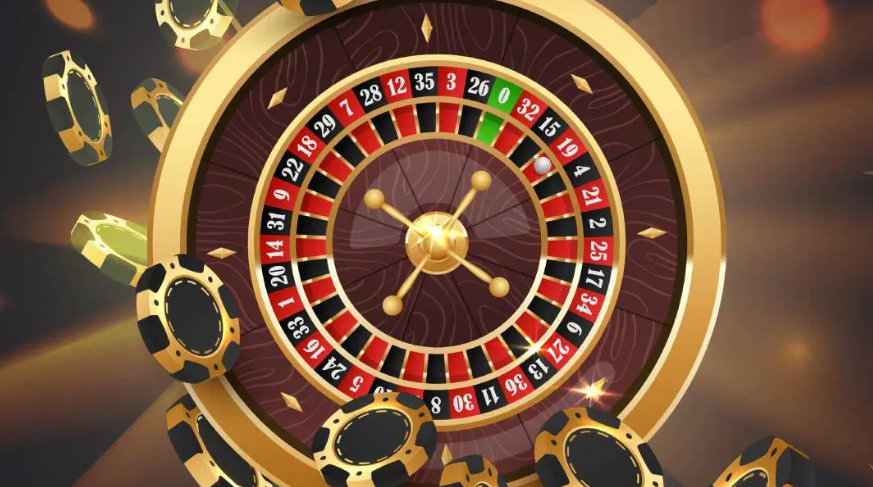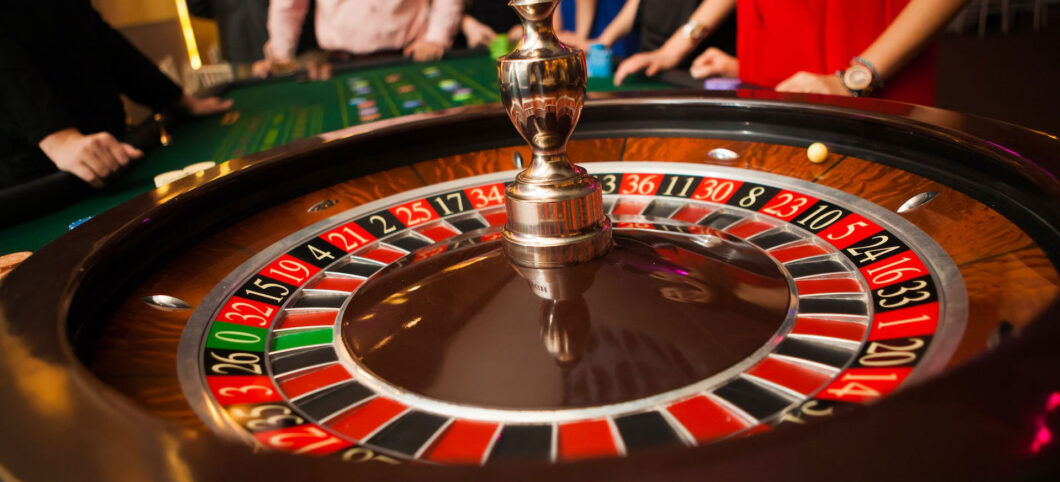Whether you’re playing roulette online, in a physical casino, or with a live dealer, your outcome hinges on one thing: where the ball, also called the pill, lands on the wheel. Regardless of how you place your bets, your win or loss is determined solely by the ball’s final position.
Since the ball can only land in a limited number of spots, most roulette bets have fixed odds. This allows you to calculate the likelihood of your bet winning before you place it.
Calculating these odds is straightforward—compare the number of ways you can lose to the number of ways you can win. To do this, you’ll need to understand the game’s rules and the conditions for the specific bet you wish to place.
Exploring All the Possibilities on a Roulette Wheel

To calculate roulette odds, you first need to understand the layout of the roulette wheel, which differs slightly between American and European versions.
A European roulette wheel has 37 slots in total, numbered from 0 to 36. Numbers 1 to 36 alternate between black and red, while the zero is green. In contrast, an American roulette wheel adds an additional green slot for double zero, bringing the total to 38 slots.
When the wheel stops spinning, the ball will land in one slot, determining the winning number. However, there are various ways to bet on each spin’s result.
Types of Roulette Bets
In roulette, you can place several different types of bets. A straight bet is the simplest, where you try to predict the exact number the ball will land on. Other options include a Split bet, where you bet on two adjacent numbers, and a Low bet, where you wager that the ball will land on a number between 1 and 18.
Once you understand the various bets, calculating the odds becomes straightforward.
Calculating Roulette Odds and Payouts
When calculating odds, it’s important to remember the house edge. The actual probability of a specific outcome and the payout offered by the casino may differ, as the house maintains an advantage in every game.
To determine true odds, compare the number of ways an outcome can occur to the total number of possible outcomes. For example, the true odds of winning a straight bet in European roulette are 1 in 37, as there is only one winning number out of 37 possible slots. In American roulette, the true odds are 1 in 38 due to the extra double zero.
However, even if you win a straight bet, most casinos will only pay out at 35 to 1, regardless of the true odds being 1 in 37 or 1 in 38.

If you’re curious how casinos arrive at their payout numbers, it’s because they calculate payouts differently. Instead of comparing the number of ways to win to the total number of possibilities, they compare the number of ways to win to the number of ways to lose.
They also adjust for the house edge by excluding the green slot(s). For example, true odds of 37 to 1 are reduced to 35 to 1. So, if you bet $10 and win, your payout would be $360.
Take the split bet as another example. With two ways to win out of 37 or 38 possible outcomes, your true odds are 2 in 37 or 1 in 19 (2 in 38 simplified). However, the payout will be 17 to 1. Some bets, like Low or High bets, pay true odds, returning your stake if you win.
If you prefer not to do the math yourself, you can use online roulette calculators or find odds and payout charts at most land-based casinos.
Now that you understand how to calculate odds and payouts, it’s important to apply this knowledge wisely. Your bankroll and risk tolerance will help guide your betting strategy.
Smart Strategies for Betting on Roulette
Once you’ve calculated your odds and potential payout, the next step is to use that knowledge to choose the best wager for you. This decision will depend on your budget and your risk tolerance.
Bets with longer odds are less likely to win, while bets with shorter odds offer a higher chance of success. If you prefer a conservative approach, stick to bets with the shortest odds, which can also help you gradually build your bankroll.
On the other hand, if you’re on a winning streak and have extra funds, you might want to take on riskier bets to potentially grow your bankroll even more.
The key is to stay within your budget and avoid the gambler’s fallacy—the mistaken belief that if a certain outcome hasn’t occurred recently, it’s “due” to happen. In roulette, each spin is independent, and every possible outcome has the same probability regardless of past results.


